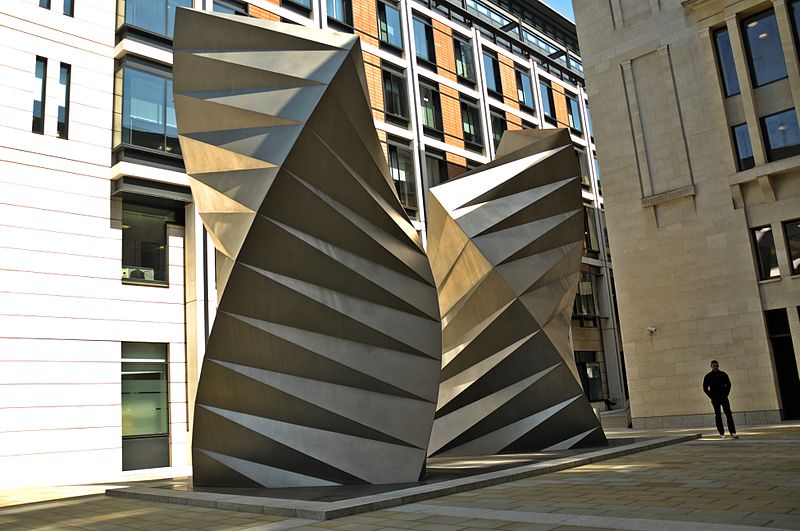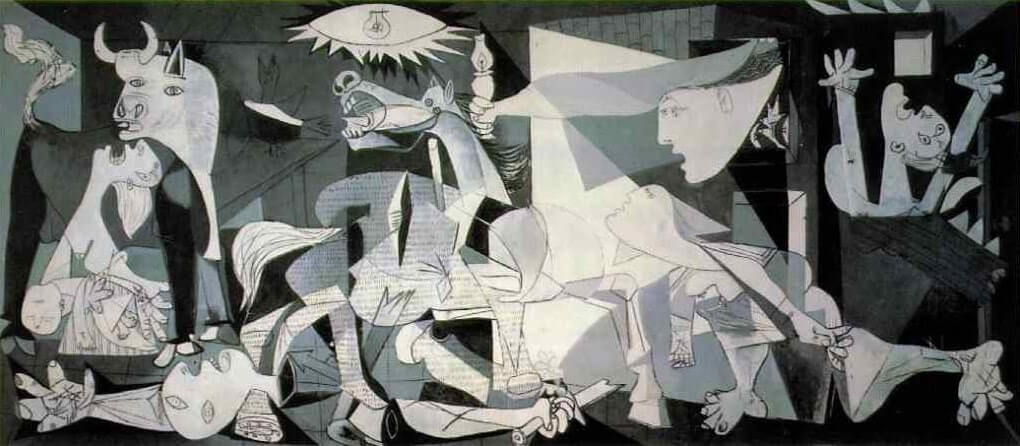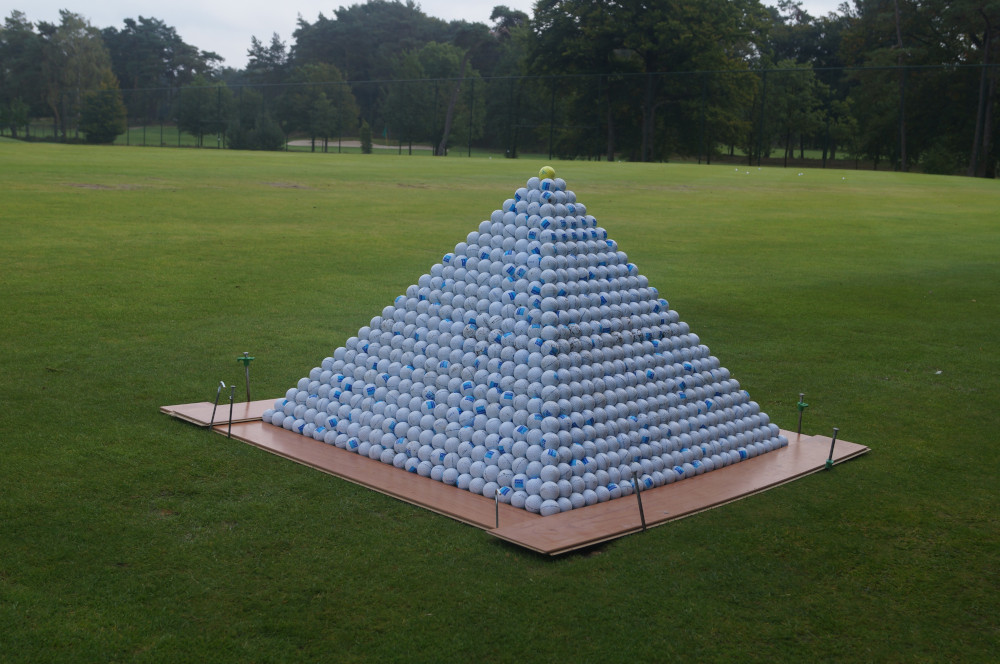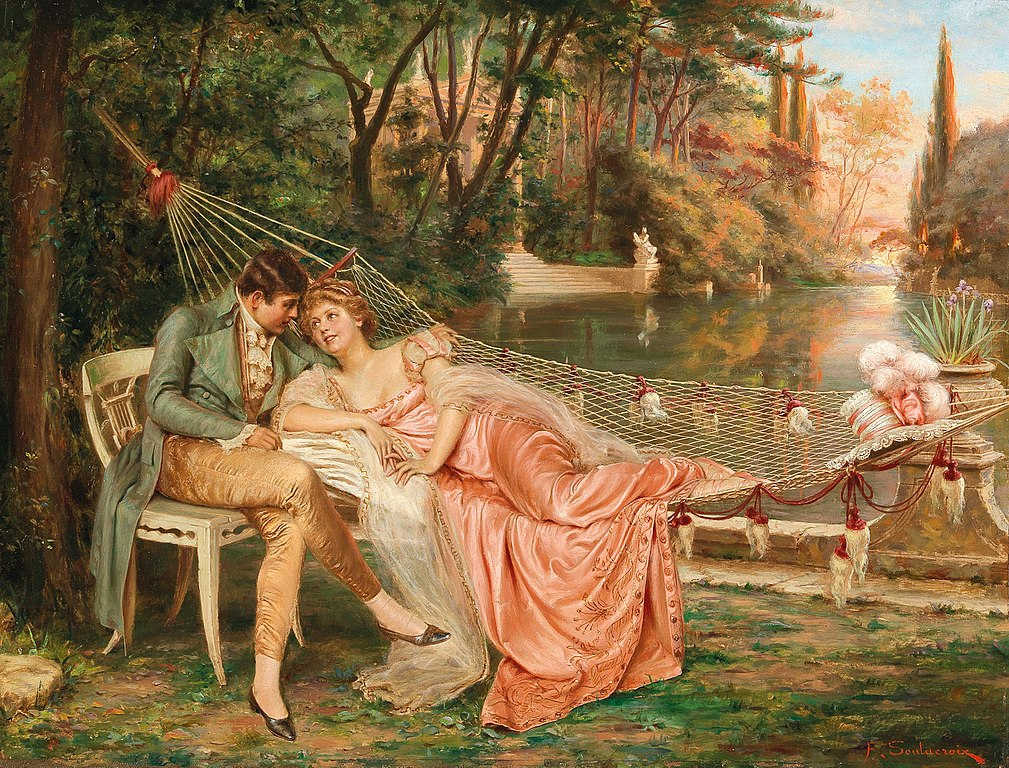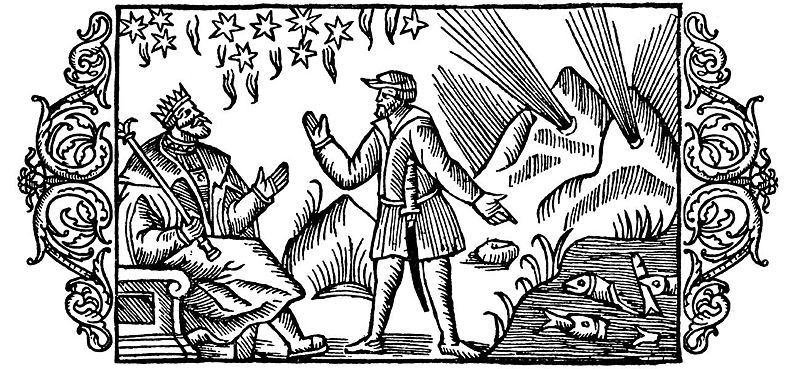In a 1988 experiment with 2-year-olds, psychologist Alan Leslie asked each child to “fill” two toy cups with imaginary “juice” or “tea” from a bottle. Leslie then said, “Watch this!”, upended one of the cups, shook it, and replaced it next to the other cup. Then he asked the child to point to the “full cup” and the “empty cup.” Though both cups had been empty throughout, all 10 of the 10 subjects indicated that the “empty” cup was the one that had been inverted.
“This leads to pretending something that is true, namely, that the empty cup is empty,” Leslie wrote. “At first glance, this may seem ridiculous. But there is, of course, an important difference between the empty cup is empty and pretending (of) the empty cup ‘it is empty.'” Children distinguish between pretense and reality even when the content of those beliefs is the same.
“These examples help us realize that, far from being unusual and esoteric, cases of ‘non-counterfactual pretence’, that is, pretending something is true when it is true, are ubiquitous in young children’s pretence and indeed has an indispensable role in the child’s ability to elaborate pretend scenarios.”
(Alan M. Leslie, “Pretending and Believing: Issues in the Theory of ToMM,” Cognition on Cognition [1995], 193-220.)

